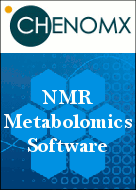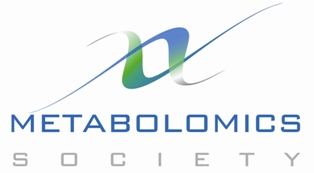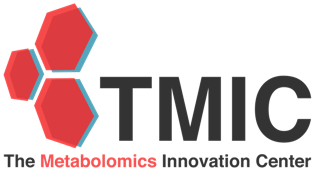|
4th ICAN
Conference Series on Precision
Medicine in Cardiometabolic
Diseases and Nutrition-Related
Diseases
Venue: Saint James Albany Hotel,
Paris France
On behalf of the steering
committee, the Institute of
Cardiometabolism and Nutrition
(ICAN) is delighted to invite you to
the fourth ICAN Conference Series on
Precision Medicine in
Cardiometabolic and
Nutrition-related Diseases, which
will take place in Paris, France,
from December 8-10, 2016.
The ICAN Conference Series is an
educational instrument directed and
managed by ICAN and the scientific
community. Since its inception in
2012, ICAN has organized three
annual ICAN conferences, both of
which were a fabulous success!
The ICAN conference Series aims to
convene a dynamic, open,
peer-reviewed symposium dedicated to
exciting new frontiers in life
science. Whether you are a
geneticist, an immunologist, or
virtually any other type of life
science investigator, from academia,
industry, or the
government/non-profit sector, we are
sure that you will find the ICAN
Conference Series to be a valuable
and memorable experience.
As for previous editions, we have
coordinated a high-quality
scientific program, with the unique
opportunity of facilitating
interactions between speakers and
young investigators and researchers.
Therefore the ICAN Conference Series
Scientific Board will preferentially
select junior researcher abstracts
eligible for the reduced
registration rate, and limit the
total number of participants.
Moreover, this year, certain young
researchers will have the rare
opportunity to co-chair each
session.
We look forward to seeing you again
this year!
Prof. Karine Clément
Director of ICAN
Program: http://www.ican-series.com/program
Registration & Rates: http://www.ican-series.com/registration
For further details, visit http://www.ican-series.com/.
|










